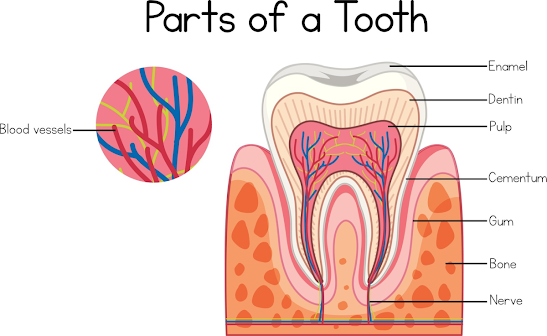When it comes to taking care of your family's dental needs, finding a trusted and convenient dental provider is crucial. A family dentist near me not only ensures comprehensive oral care for every member of your household but also provides the comfort and continuity that can make all the difference in achieving long-term dental health. At Royal Vista Dental, we understand the importance of family-centered care and are committed to providing quality, compassionate dentistry tailored to patients of all ages.
The Benefits of Family Dental Care
Family dental care near you means convenience. One of the biggest advantages of choosing a family dentist is that you can schedule appointments for the whole family in one place. Whether your child needs a routine cleaning, your teenager is considering braces, or you're due for a dental check-up, a family dental clinic streamlines everything under one roof.
Beyond convenience, having a consistent dental care provider allows your dentist to develop a comprehensive understanding of your family’s dental history. This long-term relationship leads to more accurate diagnoses, effective treatment plans, and personalized preventive care. At Royal Vista Dental, we maintain detailed patient records and take a proactive approach to help your family maintain healthy smiles year after year.
Services Tailored for All Ages
One of the hallmarks of a great family dentist near me is the ability to offer a wide range of services suitable for both children and adults. From pediatric cleanings and fluoride treatments to adult restorative procedures like crowns, bridges, and dental implants, Royal Vista Dental provides a full spectrum of care.
Children, in particular, benefit from seeing a dentist who is experienced in making dental visits fun and stress-free. Early dental experiences can shape a child’s attitude toward oral health for life, and our team goes the extra mile to ensure each visit is a positive one. For adults, we offer preventive care, cosmetic dentistry, and restorative treatments to help you look and feel your best.
Why Location and Trust Matter
When you search for a dentist near you, you're likely looking for someone who is not only conveniently located but also trustworthy. Emergencies can happen without warning — a chipped tooth, sudden pain, or a lost filling. Having a family dentist close to home ensures you can get the care you need quickly and without added stress.
At Royal Vista Dental, we take pride in being part of the local community. Our clinic is centrally located, making it easy for families to access quality dental care without traveling far. More importantly, our warm, welcoming environment and skilled professionals have earned the trust of families throughout the area.
Preventive Care is the Foundation
The best dental care is proactive, not reactive. Routine cleanings, exams, sealants, and fluoride treatments are vital for catching issues early and preventing more serious problems down the line. A family dental care near you encourages regular visits, helping everyone in your household stay on top of their oral health.
By choosing Royal Vista Dental, you're not only opting for expert dental care but also investing in a partnership that prioritizes your family’s well-being. We educate our patients about proper at-home hygiene and make preventive care simple and accessible.
Make the Right Choice for Your Family
Your family's smiles deserve the best care possible. When you choose a family dentist near me like Royal Vista Dental, you’re ensuring that every member of your household receives personalized, consistent, and compassionate dental care. From toddlers to grandparents, our team is here to help you achieve and maintain a lifetime of healthy, beautiful smiles.
If you’ve been searching for a reliable dentist near you, look no further. Contact Royal Vista Dental today and discover how we can be your trusted partner in lifelong oral health.






